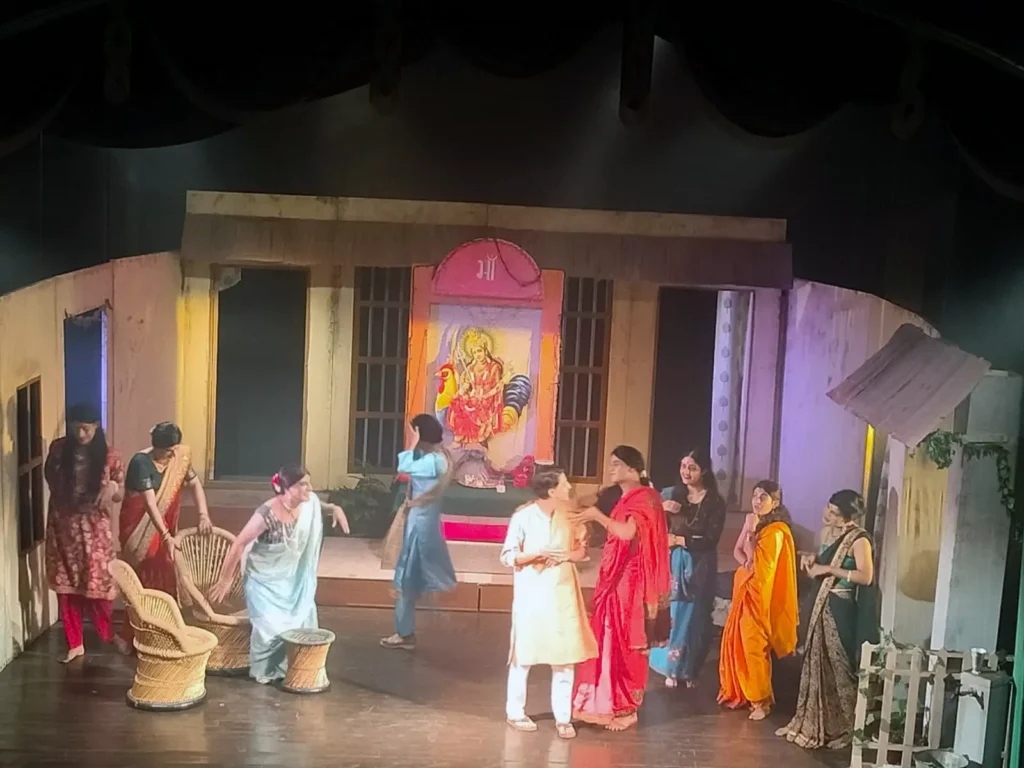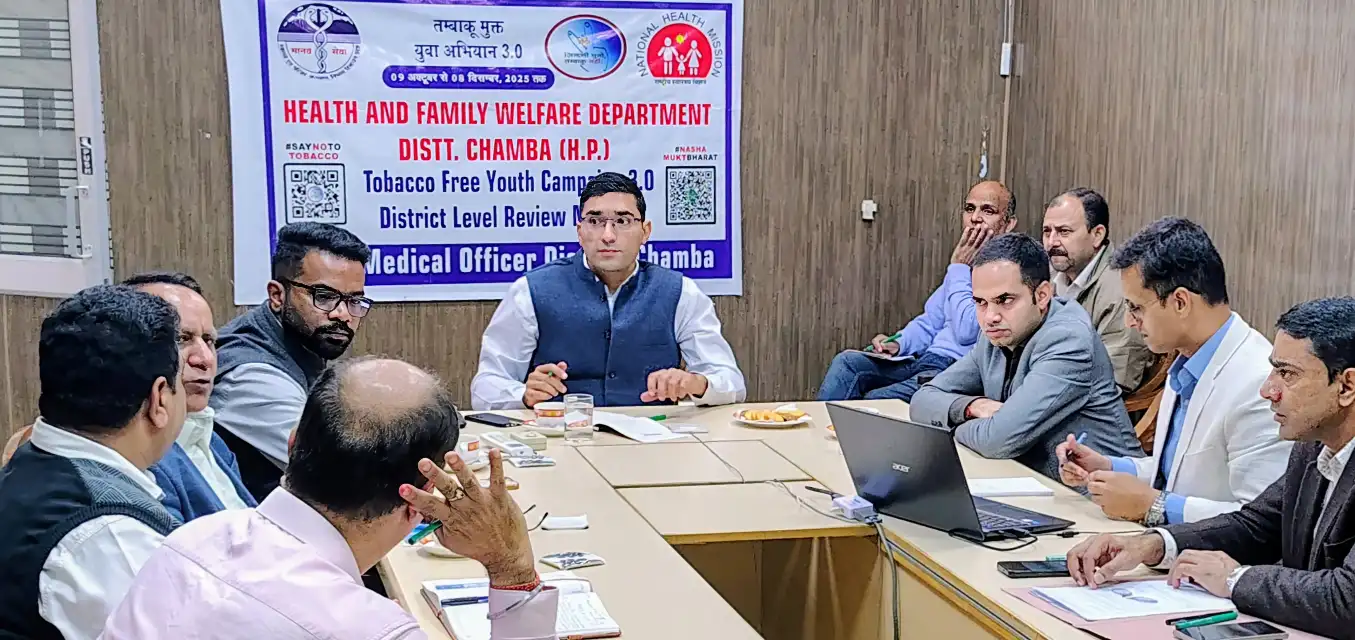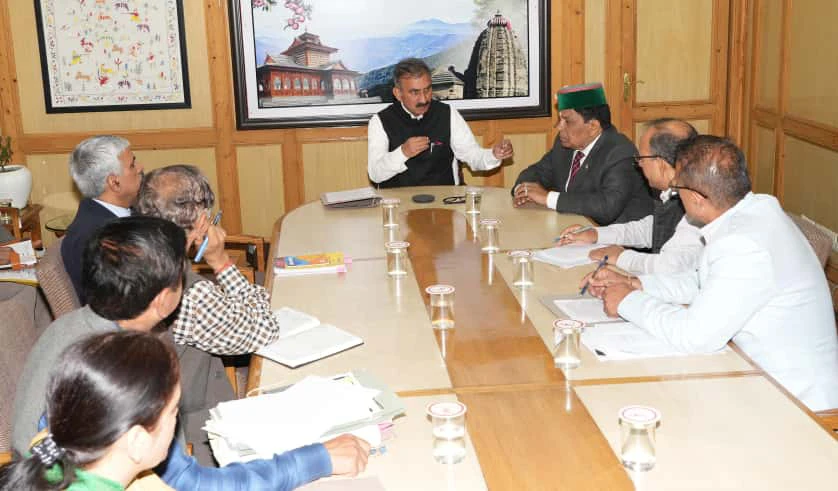“Jaaneman” – Fearless Dive into Untold Stories of Transgender Lives
3 min read
Shimla, Aug. 10 Ritanjali Hastir
The eleventh production by Gaiety Theatre Repertory, “Jaaneman,” was staged today, showcasing a powerful and deeply moving narrative. Directed by Kapil Dev Sharma, and based on the acclaimed script by Marathi writer Machindra More, “Jaaneman” boldly tackles difficult and sensitive issues without hesitation. The script focuses on the transformation of transgender individuals, specifically highlighting the traumatic experiences of child abuse and abduction that often shape their lives. The narrative exposes the emotional, mental, and social intolerance faced by transgender people, painting a vivid picture of their struggles while also capturing moments of resilience and joy.
Kapil Dev Sharma’s direction deserves commendation for handling such a complex and sensitive topic with finesse. The play’s pacing, despite its considerable length, managed to keep the audience engaged throughout. Sharma skillfully navigated the fine line between depicting harsh realities and maintaining a sense of dignity and empathy towards the characters.
The performances in “Jaaneman” are a mixed bag. Saurabh stands out as the most compelling actor in the cast, delivering a performance that captures the anguish and complexity of his character with remarkable depth. His presence on stage is commanding, and he successfully evokes the empathy of the audience, making his character’s plight both relatable and poignant.
Sohan also delivered a convincing performance, making his character believable and relatable. His portrayal added depth to the narrative, effectively conveying the struggles and emotional turmoil of transgender individuals. However, Neeraj’s performance fell short in certain key moments. In a crucial scene where the characters are observing Amma’s emotional outburst against child abduction, Neeraj’s expressions lacked the necessary intensity, which momentarily disrupted the emotional flow of the play.
While Sharma’s direction was largely successful, there were moments where the play could have been more thoughtfully conceptualized. A particular point of contention was the inclusion of a young girl on stage. Considering the bold themes, including scenes with abusive language, the director had rightfully suggested that the play was intended for adult audiences. However, the presence of the young girl in such a setting seemed incongruous and could have been better handled or perhaps avoided altogether. The role, though minor, could have been conceptualized in a way that did not expose a child actor to such mature content.
During the marriage scene, a noticeable misstep occurs when the pandit, brought by a character familiar with the rituals, steps onto the temple platform with his slippers on, while Amma respectfully removes her shoes. Given the pandit’s presumed familiarity with traditional customs, his oversight feels out of place and disrupts the scene’s authenticity, raising questions about the attention to detail in the direction.

“Jaaneman” is a contemplative piece of theatre that challenges societal norms and prejudices against the transgender community. It forces the audience to reflect on the limited choices society offers to transgender individuals, often disregarding their qualifications, skills, and inherent humanity. The play’s exploration of identity, discrimination, and resilience is both eye-opening and heart-wrenching.
Despite minor flaws, “Jaaneman” succeeds in creating a powerful narrative that resonates with its audience. The play is a bold reminder of the need for greater understanding and acceptance of transgender people in society. It is a testament to the enduring relevance of Machindra More’s script and Kapil Dev Sharma’s directorial vision. The production leaves a lasting impact, urging viewers to question their own perceptions and the societal structures that marginalize the third gender.






